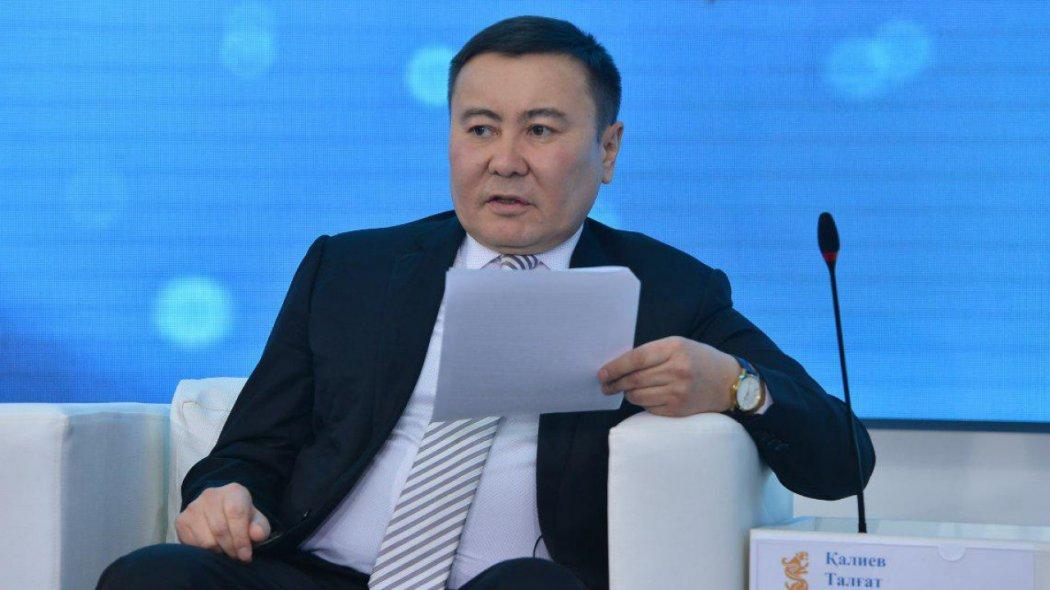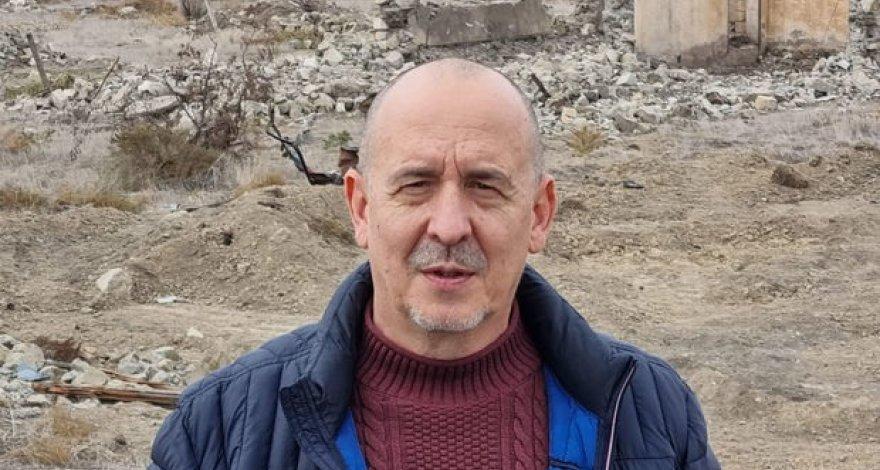Azerbaijani and Armenian FMs' Almaty talks - a big step towards a peace deal? Foreign experts weigh in
As previously reported, talks between Azerbaijani Foreign Minister Jeyhun Bayramov and Armenian Foreign Minister Ararat Mirzoyan were held in the Kazakh city of Almaty on May 10-11. The statement of the Azerbaijani Foreign Ministry following the meeting in Almaty says that "the ministers welcomed the progress in border delimitation and the agreements reached in this regard.
The ministers and their delegations continued discussing the provisions of the draft bilateral Agreement on the Establishment of Peace and Interstate Relations between Azerbaijan and Armenia. The sides agreed to continue negotiations on the remaining open issues on which there are still differences".
Sounds very optimistic. Will Baku and Yerevan sign a peace treaty by the end of the year? Caliber.Az correspondent contacted three foreign political analysts to learn how do they assess the results of the negotiations. 
Talgat Kaliyev, candidate of political sciences, member of the National Kurultai under the President of Kazakhstan, believes that the meeting between the foreign ministers of Azerbaijan and Armenia in Almaty was an encouraging event. In his opinion, these negotiations open a new era of cooperation in Eurasia.
"Firstly, there were certain constructive moods on both sides, and it was very noticeable. Secondly, I cannot fail to note that both the current Minister of Foreign Affairs of Kazakhstan, Murat Nurtleu, and President Tokayev have extensive diplomatic experience, including within the walls of the Geneva office of the UN, i.e., he understands perfectly well both the history and the trajectory of the resolution of such deep conflicts. Therefore, the Almaty round of negotiations, in my opinion, was very fruitful.
But, unfortunately, certain forces in Armenia are currently expressing dissatisfaction with the peace process. But I hope that the political will of the Armenian leadership will prevail over all this, and eventually the peace agreement will be signed. And this is in the interests of both the participants of the process and the neighbouring countries, including Türkiye, Kazakhstan and in general the whole Central Asia, the EU - simply because the course of negotiations contributes to the development of the Trans-Caspian corridor, increasing the stability of the South Caucasus and in general changes the geopolitical balance in Eurasia," Kaliyev said.

Head of the research centre A+Analytics (Kazakhstan) Farhad Kasenov drew attention to the fact that representatives of Azerbaijan and Armenia in Almaty expressed restrained optimism about the upcoming negotiations.
"In my opinion, a positive signal is the position of the Armenian side, which stated that it is ready to work out not only the details of the peace treaty, but also the issues of transportation communications. This is a very important point on which the sides have not yet found a full consensus. I repeat, it is very important for Azerbaijan, Kazakhstan and other external players. Because in this way the second breath of the Trans-Caspian transport corridor is opened. And now the question is how these agreements will be formalized: legally and substantively, so that it would be positively perceived by the internal audiences, i.e. the information and public field of Azerbaijan and Armenia. And while it is quite clear that in Azerbaijan the news of this kind will be received extremely positively, how it will be received in Armenia is a big question. As we know, the opposition is now actively protesting against the actions of the authorities in Armenia, and we would like to hope that Yerevan will be able to convince its society that this path, the peace agreement with Azerbaijan, is the only right one for Armenia's further development.
Meanwhile, I do not rule out that due to the aggravation of the political situation in Armenia, important agreements will be made public later in order not to aggravate the situation in Yerevan," Kasenov said.

According to the honorary ambassador of the World Jewish Agency "Sokhnut", Israeli political scientist and journalist Roman Gurevich, the meeting between the Foreign Ministers of Azerbaijan and Armenia is certainly a landmark event within the framework of the negotiations.
"We simply see the consistent policy of the Azerbaijani leadership being repeated in life. We see that the sides are moving dynamically towards recognizing borders, unblocking communications, demining, withdrawal of troops. It is very important that negotiations are conducted without intermediaries. It is not a secret that Azerbaijan is interested in continuing the dialogue with its neighbor, as well as in preventing other biased mediators from influencing the negotiations. And there are such mediators: let us remember that recently France was actively trying to play the role of a mediator, and as a result of this approach the Azerbaijani president did not go to the negotiations in Granada. So, any direct negotiations is a step forward: this way such toxic interests like Paris and its cunning double game are ousted," the political scientist noted.
He said the talks in Almaty are a big step towards a peaceful agreement between the parties, primarily because they may result in the unblocking of transportation arteries.
"And the way the President of Azerbaijan calmly, consistently pursues a policy in this regard, we can see by the example of how Baku skillfully conducted reformatting of the position of the US Embassy in Azerbaijan on the liberated territories. And if the American ambassador refused to visit the Karabakh region of Azerbaijan for quite a long time, then just the other day he visited Shusha together with his wife. And this shows that when competent pressure is applied in the right direction, it usually brings success," Gurevich concluded.








